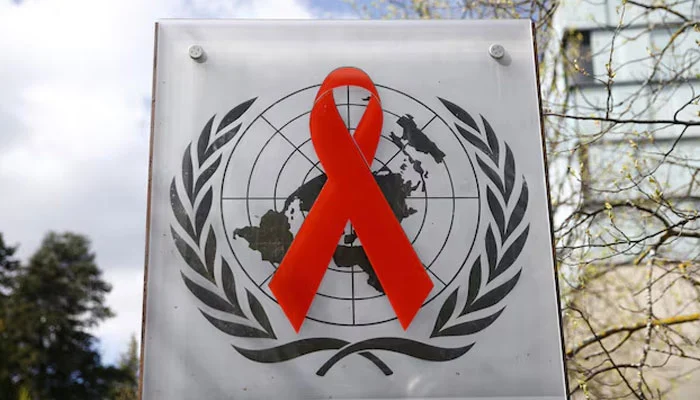UNICEF has recently issued a warning about the increasing number of HIV infections among young women and girls in Pakistan. The United Nations Children’s Fund (UNICEF) has called for immediate attention to this issue, emphasizing the vulnerability of this group and the need for better healthcare support. In this article, we explore the factors contributing to this issue and the steps needed to address it.
HIV Infections on the Rise Among Youth
HIV/AIDS continues to be a significant global health challenge, and reports show that the situation is worsening in Pakistan, particularly among young women and girls. According to UNICEF, this group is especially vulnerable to the infection due to various factors, including a lack of education, limited access to healthcare, and stigma surrounding testing and prevention.
Pakistan faces challenges in delivering effective public health campaigns, particularly for younger populations in rural or underprivileged areas. Young women and girls, in particular, are at greater risk due to insufficient awareness about preventive measures, a lack of access to healthcare services, and social factors that contribute to higher vulnerability.
Key Factors Contributing to the Rise
Several factors are contributing to the increasing number of HIV infections among young women and girls in Pakistan. These include:
- Lack of Comprehensive Health Education: Many young women in Pakistan are not provided with the necessary knowledge about HIV prevention, reproductive health, and the importance of regular testing. This lack of education leaves them unaware of the ways HIV can be transmitted and how to protect themselves.
- Social Stigma and Discrimination: In some communities, HIV is still a stigmatized issue, and individuals living with the virus face discrimination. This stigma often prevents young women and girls from seeking help or undergoing HIV testing.
- Economic Vulnerability: Many young women in Pakistan come from economically disadvantaged backgrounds, limiting their access to proper healthcare and HIV prevention resources. They may also be more likely to engage in risky behaviors due to a lack of economic empowerment.
- Gender-Based Violence: Gender inequality and violence remain prevalent issues in Pakistan. Many young women and girls experience physical and emotional abuse, which places them at greater risk of exposure to HIV.
UNICEF’s Call for Action
UNICEF’s warning comes at a critical time when healthcare resources in Pakistan are already stretched. The organization is urging both government leaders and local communities to prioritize healthcare education, advocate for healthy interpersonal conduct, and provide better access to HIV testing and care for young women and girls.
The UNICEF team is also advocating for a broader approach that tackles the root causes of HIV infection among women, such as gender inequality and violence, which exacerbate the problem.
Improving Awareness and Education
One of the most effective ways to prevent the spread of HIV among young women and girls is through increased education and awareness. Schools and community organizations must introduce comprehensive health education programs that teach young people about HIV transmission, prevention, and the importance of regular testing.
Furthermore, local healthcare services must be made more accessible, ensuring that young women can obtain HIV-related services without fear of judgment or stigma.
Conclusion:
The growing number of HIV infections among young women and girls in Pakistan is a pressing public health issue that requires urgent action. UNICEF’s call to action underscores the need for better education, improved access to healthcare, and a shift in societal attitudes to address the root causes of this health crisis. With collective efforts from all sectors of society, we can reduce HIV infections and promote a healthier, safer future for the next generation.
UNICEF, #HIVInfections, #YoungWomen, #GirlsHealth, #HIVPrevention, #Pakistan, #PublicHealth, #HealthcareAccess, #GenderEquality, #ReproductiveHealth, #HIVAwareness, #PakistanHealthCrisis, #YouthHIV, #HealthEducation, #WomenEmpowerment #HealthHerald #Healthherald.pk




+ There are no comments
Add yours